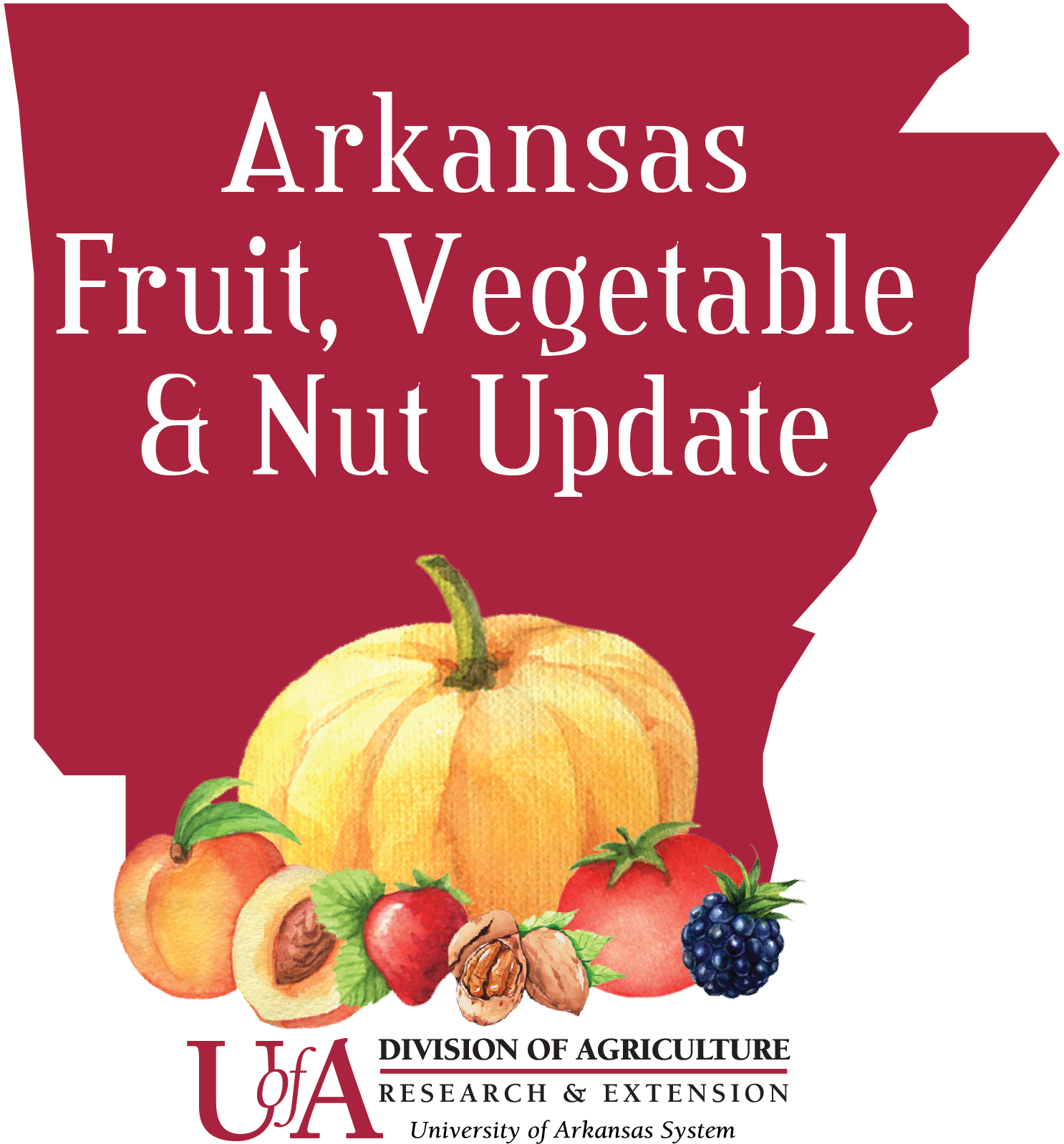
Do we have resistant Botrytis in Arkansas?
Gray mold, Botrytis cinerea, is one of the most widespread difficult diseases to manage in strawberry. Under cool, humid, wet conditions, the gray mold fungus will produce masses of conidia that are spread via wind and splashing water onto the strawberry crop. That is why gray mold infection can be widespread following rains that splash spores onto plants and rain also causes a perfect environment for infection due to prolonged leaf wetness.
It is generally always a problem in Arkansas and we battle it every year. The careful and strategic use of fungicides remains the primary means of managing gray mold for conventional strawberry production. Botrytis is notorious for becoming resistant (insensitive) to fungicides because of its high genetic variability, profuse production of spores, and multiple cycles of spore production and disease development. Unfortunately, scientists have found that there are many strains (isolates) of botrytis out there and many are resistant to commonly used fungicides.
Fungicides with single-site modes of action are especially at risk for promoting resistance in Botrytis. Worldwide, resistant isolates of gray mold from strawberry have been confirmed for virtually all of the fungicide products that have single-site modes of action. Especially problematic are isolates that are resistant to multiple modes of action. In the Carolinas, for example, Botrytis isolates from strawberry were found to be simultaneously resistant to fenhexamid, azoxystrobin, and boscalid. We are uncertain how widespread resistance is in Arkansas. I would like to encourage growers to have their strawberry plants tested and isolates characterized this coming year. We have worked out a deal with Dr. Guido Schnable from Clemson University to do testing for Arkansas growers. He will test up to 2 samples per farm for free! Anything after that will be $110 per sample. With this testing, you will receive a nice recommendation with a spray schedule to manage your specific isolates of Botrytis. Resistance Profiles will vary from farm to farm. Please visit the following link to download instructions on how to sample and the form needed to mail with samples you submit. These forms are located at: http://www.clemson.edu/extension/peach/commercial/diseases/fungicideresistanceprofiling.html
You can contact me jalee@uada.edu with any questions.